The views expressed in our content reflect individual perspectives and do not represent the authoritative views of the Baha'i Faith.
Hundreds of Black people celebrated Juneteenth by attending Arise Pupil of the Eye: 20/20 Vision, a virtual conference that took place from June 18 – 21. The weekend-long conference was organized and planned by author and motivational speaker Barbara Talley — full disclosure, she’s my mom! Her good friend Sue St. Clair, a Baha’i who lives in Nashville, Tennessee, helped with the planning.
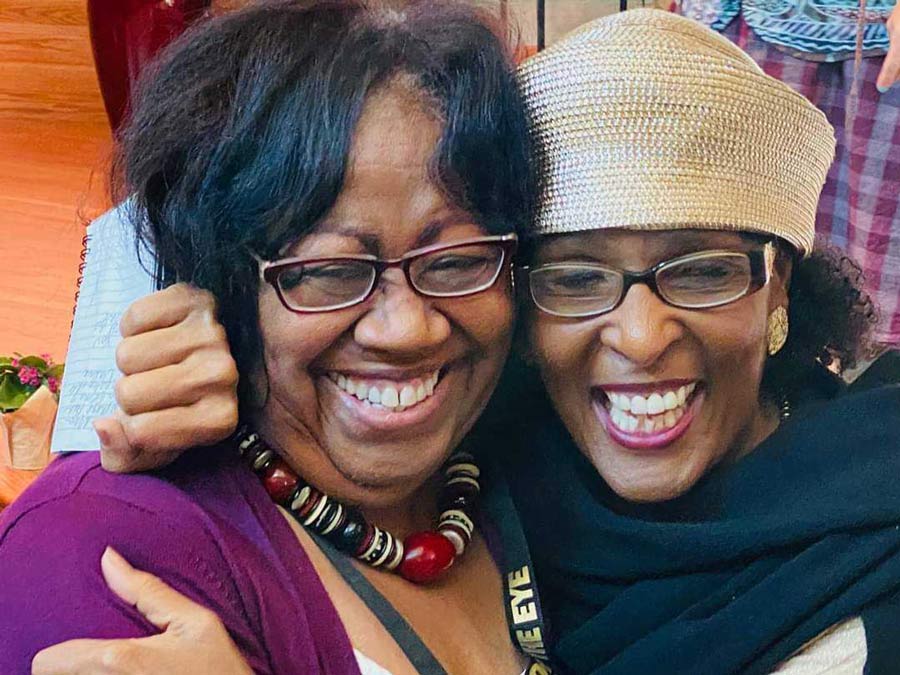
The conference takes its name from the words Baha’u’llah, the prophet and founder of the Baha’i Faith, used to describe people of African descent in the 19th century. He “compared the colored people to the black pupil of the eye surrounded by the white. In this black pupil you see the reflection of that which is before it, and through it the light of the Spirit shines forth.”
The first Arise Pupil of the Eye conference took place in the fall of 2019 and focused on healing and empowering Black people. This second conference featured a roster of keynote speakers and panels focused on dismantling the anti-Black mindset that living in the United States creates.
In a statement released on June 19, the American Baha’i administrative governing body, the National Spiritual Assembly of the Baha’is of the United States, wrote explicitly about this mindset. It called for: “honest and truthful discourse about current conditions and their causes, and understanding, in particular, the deeply entrenched notions of anti-Blackness that pervade our society. We must build the capacity to truly hear and acknowledge the voices of those who have directly suffered from the effects of racism. This capacity should manifest itself in our schools, the media, and other civic arenas, as well as in our work and personal relations. This should not end with words, but lead to meaningful, constructive action.”
One of our speakers for the conference that I found to be especially moving was Calvin Terrell, an anti-racist speaker and educator based in Phoenix, Arizona. Calvin highlighted how mentally damaging racism is to our minds and spirits. “This day [Juneteenth], our ancestors realized that they no longer have the physical shackles of slavery upon them,” Calvin said. “But for many people, the mental shackles still do exist.” He explained that this shackle is white supremacy, which is rooted in anti-blackness and anti-indigeneity.
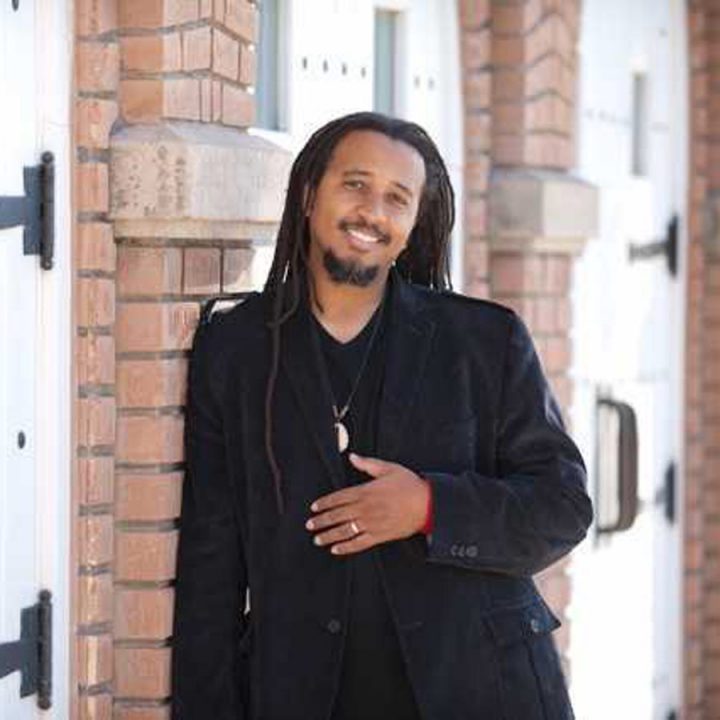
Nazis, swastikas, and the Ku Klux Klan are what people often think of when they think of white supremacy, but Calvin reminded us that those are only a few examples.
“White supremacy is a sustained global paradigm,” Calvin said. “So, it is a paradigm throughout the planet, built on a colonial social order that affirms humans called ‘white’ are inherently the most beautiful, intelligent, moral, civilized, hardworking, complex, and diverse beings, and more human than those considered non-white, especially those called Black.”
“We were, in a sense, broken down to be created again within the image of whiteness,” Calvin added, and “it is embedded in every institution and industry of our society.”
As the National Spiritual Assembly wrote in a letter in 2017, “The nation is afflicted with a deep spiritual disorder, manifest in rampant materialism, widespread moral decay, and a deeply ingrained racial prejudice. As a result, millions of our fellow Americans, subject to systemic injustices in many facets of life, are prevented from making their full contributions to society and of partaking fully in its benefits. No one is immune to this disorder―we are all members of this society and to some degree suffer the effects of its maladies.”
I organized and moderated two panels for the conference. The first panel focused on how racial trauma affects our mental health, and the other explored the degree to which many Black people have internalized this racism, and how anti-Blackness affects how we see ourselves and each other.
In the second panel, Los Angeles-based musician and producer Jamey Heath shared how the media’s and society’s perpetuation of this idea that European features are more beautiful keeps many black men from seeing Black women’s beauty. And that internalized oppression doesn’t just disappear because you’re a Baha’i. “I’ve been married three times. Never to a black woman,” Jamey said. “It could be just because I met a wonderful soul. But what about the one before that? And what about the one before that?
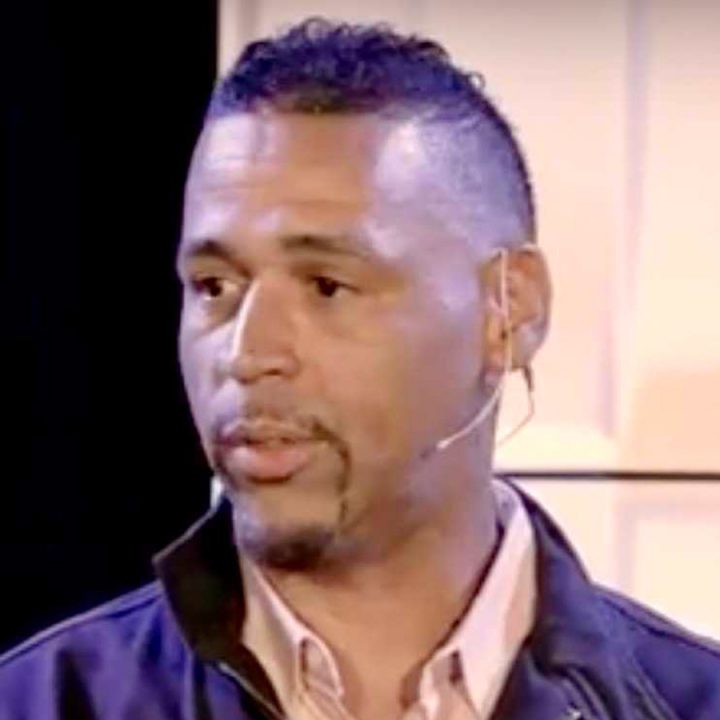
Another panelist, Los Angeles-based author Kathleen Cross spoke about her experiences with colorism and how lighter skin is desired and admired. “My father was the darkest in his family. And the reason I know that is because he mentioned it many times, and it was the bane of his existence,” Kathleen said. “So, what does he do? He attracts a [white] woman that can create children that [won’t] have the experience that he had which traumatized him from a very young age.” Kathleen believes that we will not have dealt with this issue of colorism and racial prejudice, until “the darkest of black women are valued.”
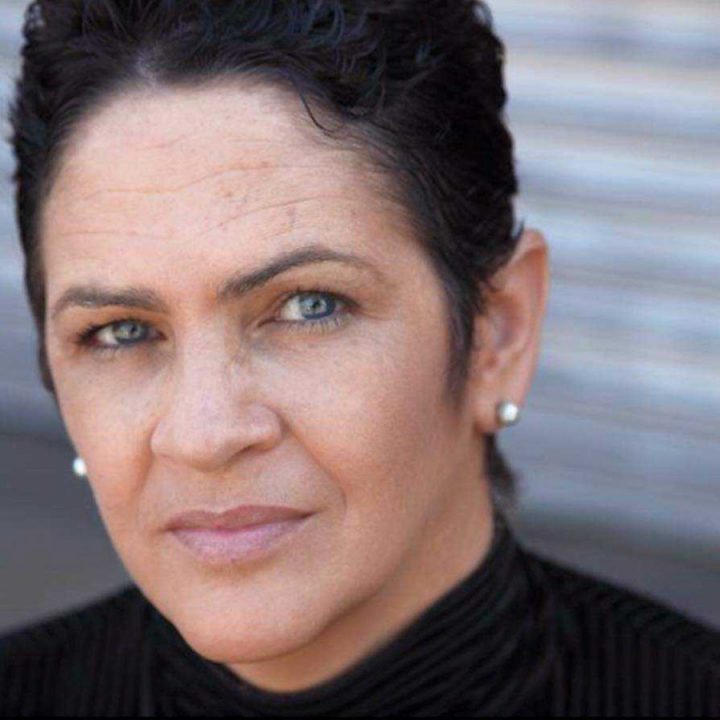
Kathleen, who is often mistaken for white, recalled an experience she had at a dance where she noticed that none of the Black women had been asked to dance, except for herself. One dark-skinned Black woman was especially wounded and told Kathleen about the rejection she often faced because of her color. The woman shared how hurtful it is to be told by strangers, “You sure are pretty to be so dark.” She told Kathleen, “I don’t feel jealous when you get up and go dance, but I do feel marginalized. I do feel rejected, and I do feel angry at the construct that makes you somehow more valuable or more attractive than me.”
Abdu’l-Baha, the son of Baha’u’llah, addressed how illogical colorism is:
“Throughout the animal kingdom,” He explained, “we do not find the creatures separated because of color. They recognize unity of species and oneness of kind. If we do not find color distinction drawn in a kingdom of lower intelligence and reason, how can it be justified among human beings, especially when we know that all have come from the same source and belong to the same household? In origin and intention of creation mankind is one. Distinctions of race and color have arisen afterward.”
It can be painful to feel unwanted, unvalued, and unloved. Kathleen said this is why she loves the pupil of the eye metaphor that Baha’u’llah gave people of African descent — because it puts Black people at the center of Baha’u’llah’s revelation.
But as long as Black people keep internalizing racial hatred and allowing ourselves to reflect the white supremacist ideals that we have been indoctrinated with, we will keep hurting ourselves. As Calvin said, we have become sickened from living in a white supremacist society, and we need to decolonize ourselves to start the process of healing. Only then can we let our light shine.
You May Also Like
Comments



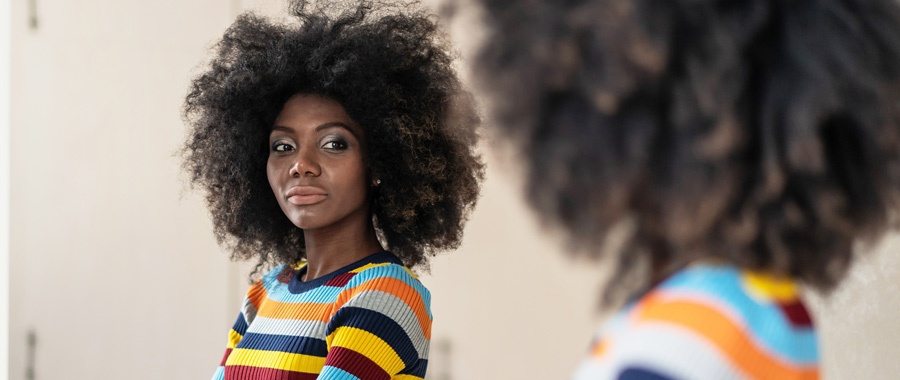


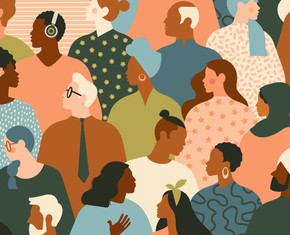
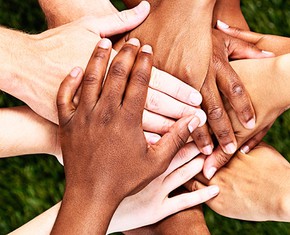









and eradicated their racial prejudices, but far too many stories surface that it is not always the case; it's more of lab. And, on the other hand, there are those we despise because they think they are too good to marry a melanin-rich person. Are those that take that step trailblazers and the children of those unions martyrs in the path leading to the Oneness of humanity? How ...can we proect them? Are the children of such unions to be collateral damage? Until humanity sees it's oneness, perhaps each must get rid of their own prejudices before they have children.